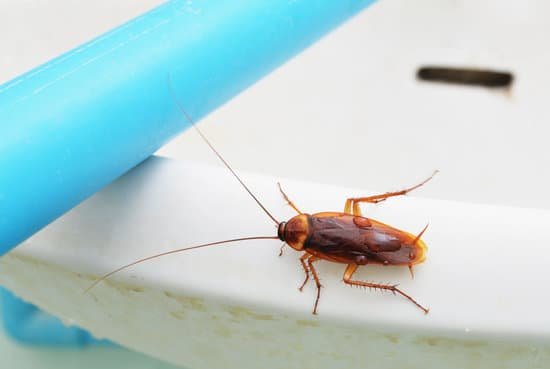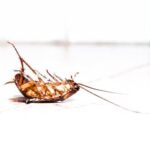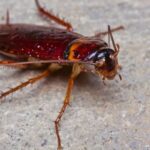Can Cockroach Cause Disease?
While cockroaches do not directly cause disease, they are important carriers of many other pathogens. They can lead to various kinds of infection, including diarrhea, dysentery, and even life-threatening conditions like septicemia. Moreover, they can cause asthma and allergies. So, it is important to take preventive measures to avoid cockroaches in your home.
People can be allergic to the proteins that cockroaches release into the air. These proteins come from the feces, vomit, and shed skin of these insects. These proteins can trigger asthma and other allergic reactions in people with sensitivity to these substances. Additionally, cockroach allergens can be transmitted to humans by touching contaminated surfaces and items.
Cockroaches are known to spread salmonella. According to the Centers for Disease Control (CDC), salmonella causes 1.2 million illnesses each year, and about 2,300 of these illnesses result in hospitalizations. Although mild cases usually result in only stomach pain, more severe ones can lead to typhoid fever and even death. The symptoms are similar to those of a stomach virus, but the bacterial infection is caused by cockroaches’ saliva and excrement. The bacteria can cause skin rashes and aggravate asthma symptoms.
Children with asthma can develop cockroach allergies. According to the World Health Organization, around 300 million people are affected by cockroach allergies. Exposure to cockroach allergens is also a significant cause of frequent hospital visits for asthmatic children. In fact, up to 60% of people with asthma are sensitive to the allergens released by cockroaches.








